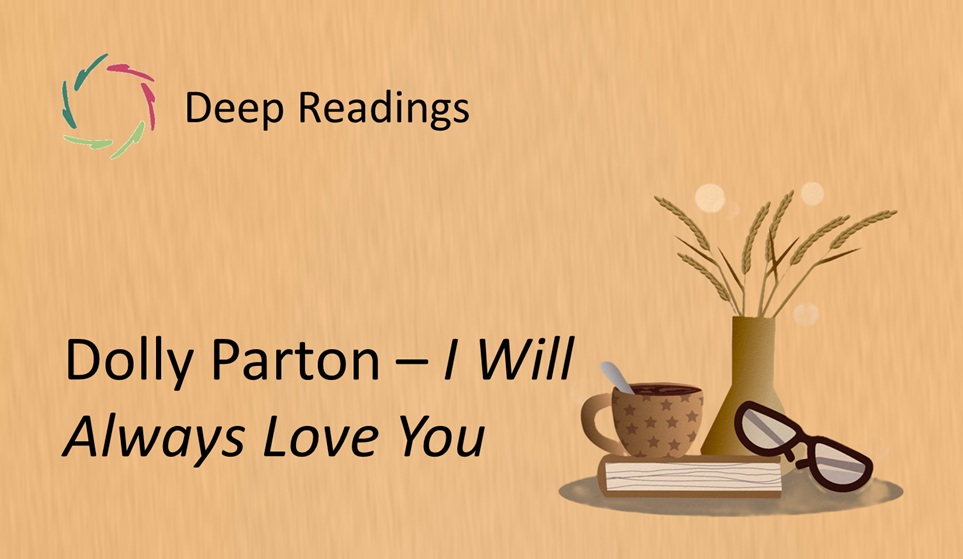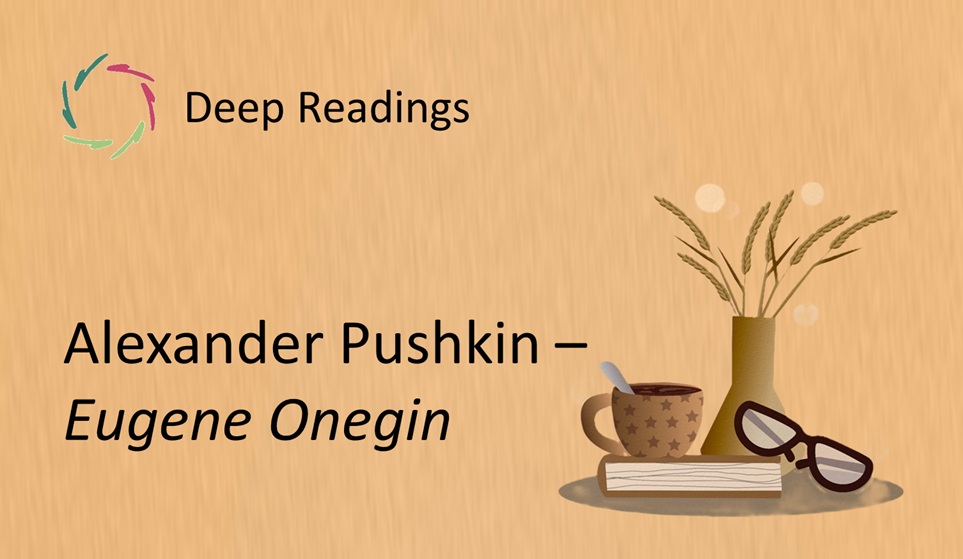Deep Readings: Bob Dylan – Knockin’ on Heaven’s Door (1973)

The Fragment
“Mama, take this badge off of me
I can’t use it anymore.
It’s gettin’ dark, too dark to see,
I feel I’m knockin’ on heaven’s door.”
(Short quote due to copyright)
Read full lyrics → Genius
Listen → Dylan performing on YouTube
Contextual Glimpse
Written in 1973 for the film Pat Garrett and Billy the Kid, Dylan’s song quickly outgrew its setting to become one of his most iconic works. Its simple refrain and stark imagery have been covered by countless artists across genres. The words evoke both the resignation of mortality and the intimacy of a personal prayer. In a world where death often feels abstract or hidden away, Dylan strips it to essentials: the badge removed, the dark falling, the threshold near.
Resonance
The song speaks in the plainest language: a badge, darkness, a door. Symbols of authority, blindness, and passage converge into one universal moment — the approach of death. Yet the voice is not grandiose. It is weary, vulnerable, almost childlike in turning to “Mama.” Dylan captures the paradox of mortality: at once solitary and deeply relational.
The refrain itself — knockin’ — suggests humility. Not barging in, not demanding, but waiting at the threshold. It resonates with anyone who has felt both the weight of endings and the quiet hope of something beyond.
Why this may also be about you
The song is not only about a dying cowboy or the weariness of the film character; it speaks to the universal moment of laying burdens down. Each of us carries “badges” — roles, responsibilities, identities — that give us structure but also weigh heavily over time. Dylan’s imagery shows that there comes a moment when these no longer fit, when they must be set aside.
Approaching “heaven’s door” is not only about death, but about thresholds in life: times when the old self dissolves and a new one waits. Standing before that door, unsure yet gentle, we experience the truth that endings and beginnings are inseparable. Dylan gives words to that quiet courage.
Lisa’s inspired, original idea about this fragment
Perhaps the badge Dylan removes is not only an emblem of authority but also a symbol of self‑image. To lay it down is to accept that who we are is not the sum of our roles, but something deeper. The song suggests that release is not weakness but entry into a more authentic self.
The door, then, is not merely heaven but every unknown we knock upon: moments of surrender, transition, or awakening. To knock is to admit vulnerability, but also trust. In this way, Dylan’s fragment is less about an ending than about the opening of a space where the self can be met without disguise.
Echoes
Since its release in 1973, Dylan’s song has traveled far beyond the film scene it was written for. It became an anthem sung at vigils, protests, and concerts — a simple refrain taken up by countless voices. Artists across genres, from Guns N’ Roses to Eric Clapton, re‑sang it, each giving it new color, yet always preserving its quiet gravity.
This echo shows how the song’s meaning is not fixed but endlessly renewed. What began as the lament of a single character became a shared ritual for facing loss, change, and mortality. The door in the lyrics is no longer just “heaven’s” but every threshold where people gather to sing what cannot otherwise be spoken. In this way, Dylan’s fragment became part of the collective memory, still knocking, still heard.
Inner Invitation
Close your eyes and imagine a badge you’ve been wearing — a role, a burden, a mask. Picture yourself handing it gently to someone you trust. Feel the relief in your body. Now imagine standing before a quiet door. Don’t rush to open it. Simply place your hand on the wood and listen. Let this fragment live inside you for a while, as a threshold moment.
Closing Note
Dylan’s song is like a candle at dusk — simple, flickering, yet steady. It reminds us that laying down our badges is not defeat but the beginning of peace.
Lisa’s final take
The badge falls, the hand rises, the door waits.
Keywords
death, transition, mortality, release, surrender, identity, music, prayer, threshold, darkness, intimacy, passage


